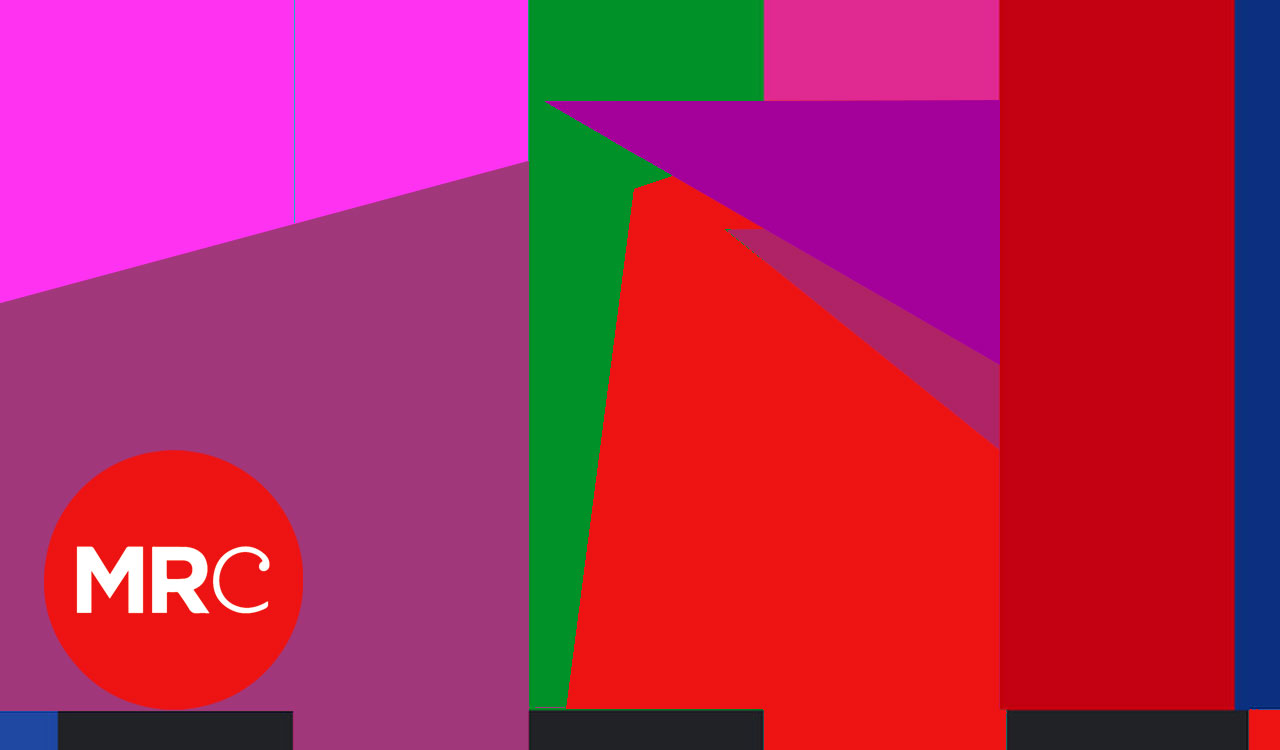By Guillermo Mastrini, Martín Becerra and Santiago Marino
A few days ago, Lucia Cohen posted a critical article on the regulation of media in Argentina citing the report that we wrote for Open Society Foundation. Mapping Digital Media (MDM) is a 100 page report about the transition to digital media in Argentina, where the analysis of audiovisual regulation is just one part of the full document.
From Cohen’s perspective, the report underestimates the risk that state action could harm freedom of speech. Instead, from our point of view, a close reading of the report shows that the enactment of a new law on Audiovisual Communication Services is significant because it creates rights for all citizens. However, more than three years after the enactment of the Law, its application is far from what it should be. Far from underestimating the discretionary power of government to intervene, our report describes precisely this process and Cohen herself quoted one of our phrases to illustrate it in her review. The report also indicates that after the enactment of the Law, government media policy has minimized the emphasis on freedom of speech, and turned its policy to a more pragmatic and partisan orientation. That is one of the current problems with Argentine media policy. Finally, MDM’s report notes that powerful media groups as Clarín take advantage of the government’s discretionary powers to challenge the constitutional status of the whole Law.
Beyond the report, it is important to discuss how communication should be regulated and what constitutes the public interest in these circumstances. Probably due to the brevity of the article, Lucia Cohen fails to mention some important details. The former broadcasting law (it was replaced in 2009 with the enactment of Law 26.522) was conceived in the last military dictatorship and thus had a strong authoritarian component. Moreover, she doesn’t consider that media ownership concentration in Argentina largely exceeds the permitted levels in the United Kingdom or the United States. Multimedia groups hold dominant positions in all the media markets in the country and use their dominance to hinder or eliminate competition. However, Cohen doesn’t consider these arguments as a threat to the freedom of speech.
Her article also contains some statements that are not entirely accurate. The main media group in Argentina, Clarin, went to court protesting the unconstitutionality of articles 45 and 161 in the new legislation which place limits on media ownership and establish procedures to divest companies which fall foul of the limits. In its court filing, Clarín argued that the law affects its property rights, but the lawsuit does not argue that the regulation contains restrictions on freedom of speech.
The law was passed in October 2009 by large majorities of different political wings. The House of Representatives adopted it by 147 votes in favor and 4 against, while the Senate had 44 votes in favor and 24 against. In both chambers the Law had support from political groups unrelated to the ruling party, which may indicate social and political consensus about the need to reform existing broadcasting legislation. Although the political consensus subsequently became softer, currently the opposition claims full compliance with the new regulation.
As scholars committed to the change towards a more democratic society, we believe that is necessary to pursue greater independence from both government pressure and the interests of powerful and concentrated media groups. Establishing restrictions on media concentration is essential in a country where one group controls the largest media markets in newspapers, magazines, radio, free to air and cable television, Internet, as well as news bureaus and a newsprint factory. Considering only the interests of media owners to shape an opinion on concentration is equivalent to asking Rupert Murdoch to draw up plans for broadcasting regulation and to let him set limits on media concentration.



